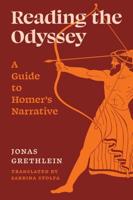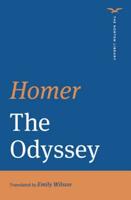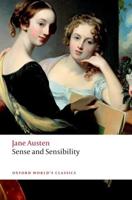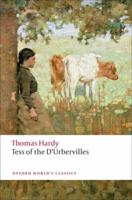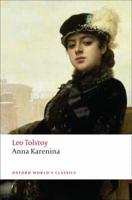Publisher's Synopsis
In this bold reconceptualization of Shakespeare's histories as plays that ultimately generate and seek to legitimize new kings, Barbara Hodgdon examines how closure contests as well as celebrates power relations dominant in late Elizabethan and early Jacobean society--particularly those between sovereign and subjects. Taking a broad view of closure as a developing process in which narrative structures, generic signs, and rhetorical conventions play contributory, and often contradictory, roles, she also considers how theatrical representations interpret, or reinterpret, closural features to recuperate and redirect their social energies. By giving special emphasis to theatrical reproduction as a form of textuality and to the intertextual relations between drama and other forms of history writing, Hodgdon situates performance as a type of new historicism and shows how theatrical productions, like critical discourse, participate in cultural work. Through a study of playtexts and selected performance texts, she negotiates between the critical and theatrical guises of Shakespeare to assess how past and present-day theatrical practice has appropriated his work to serve particular institutional and social practices.
Originally published in 1991.
The Princeton Legacy Library uses the latest print-on-demand technology to again make available previously out-of-print books from the distinguished backlist of Princeton University Press. These editions preserve the original texts of these important books while presenting them in durable paperback and hardcover editions. The goal of the Princeton Legacy Library is to vastly increase access to the rich scholarly heritage found in the thousands of books published by Princeton University Press since its founding in 1905.





